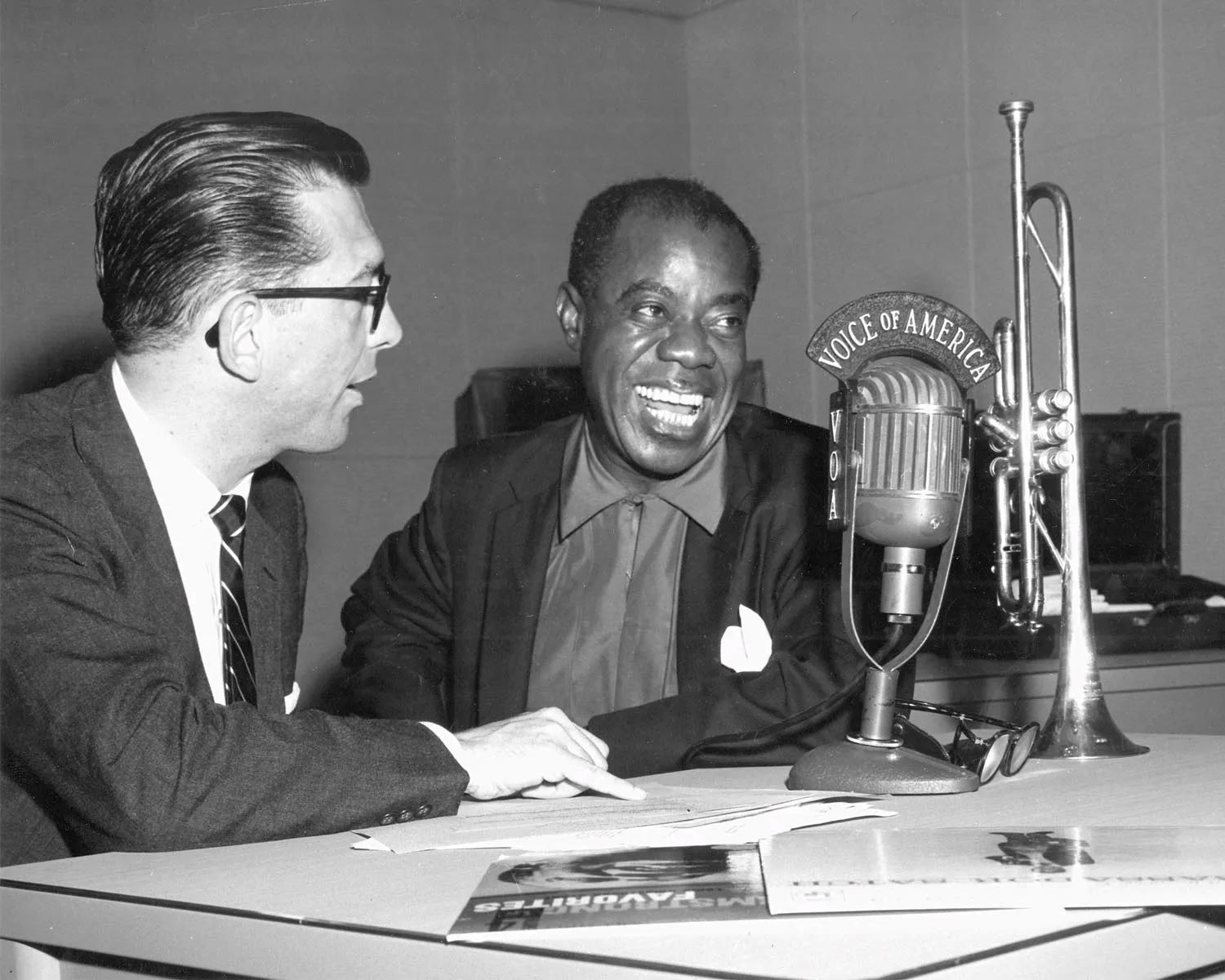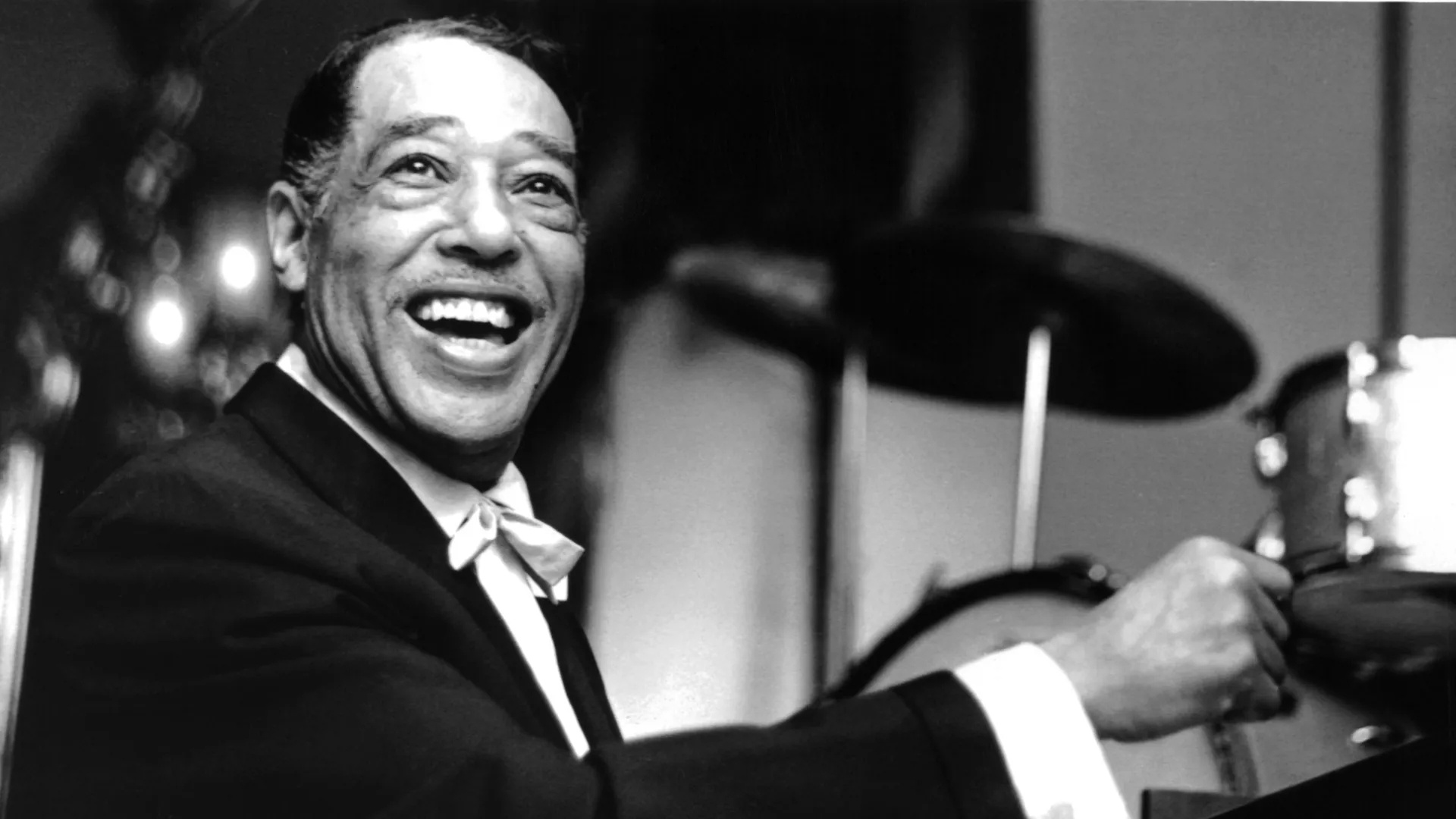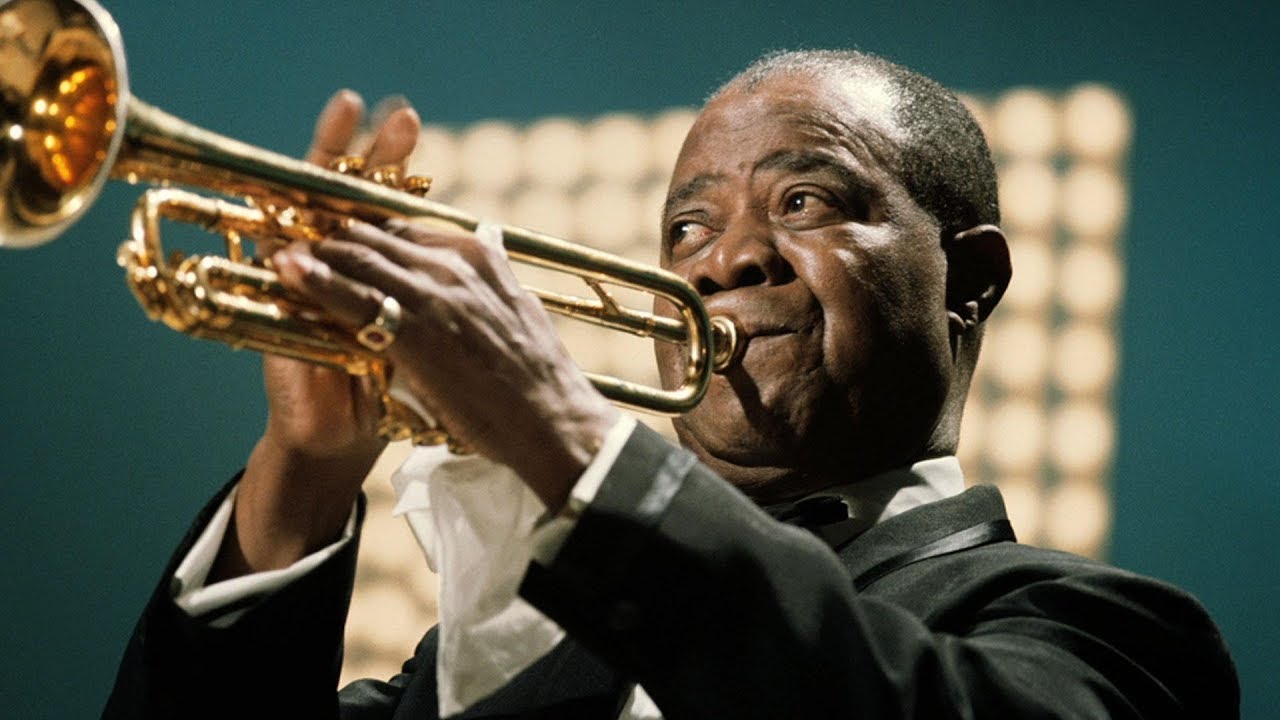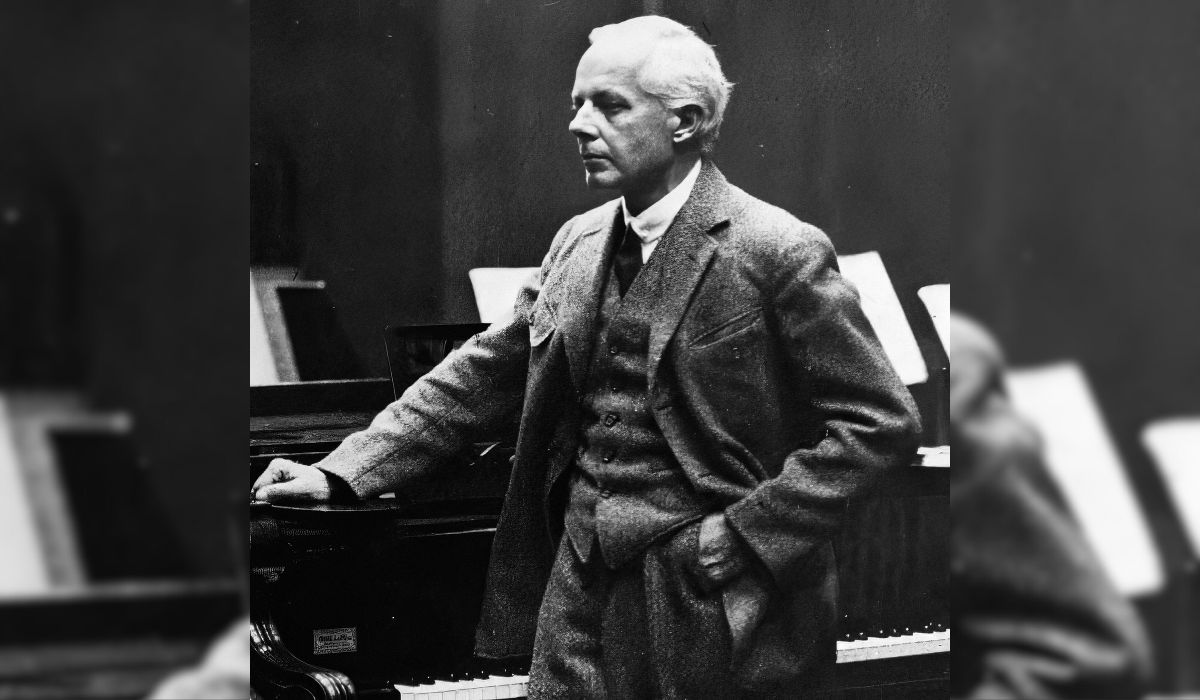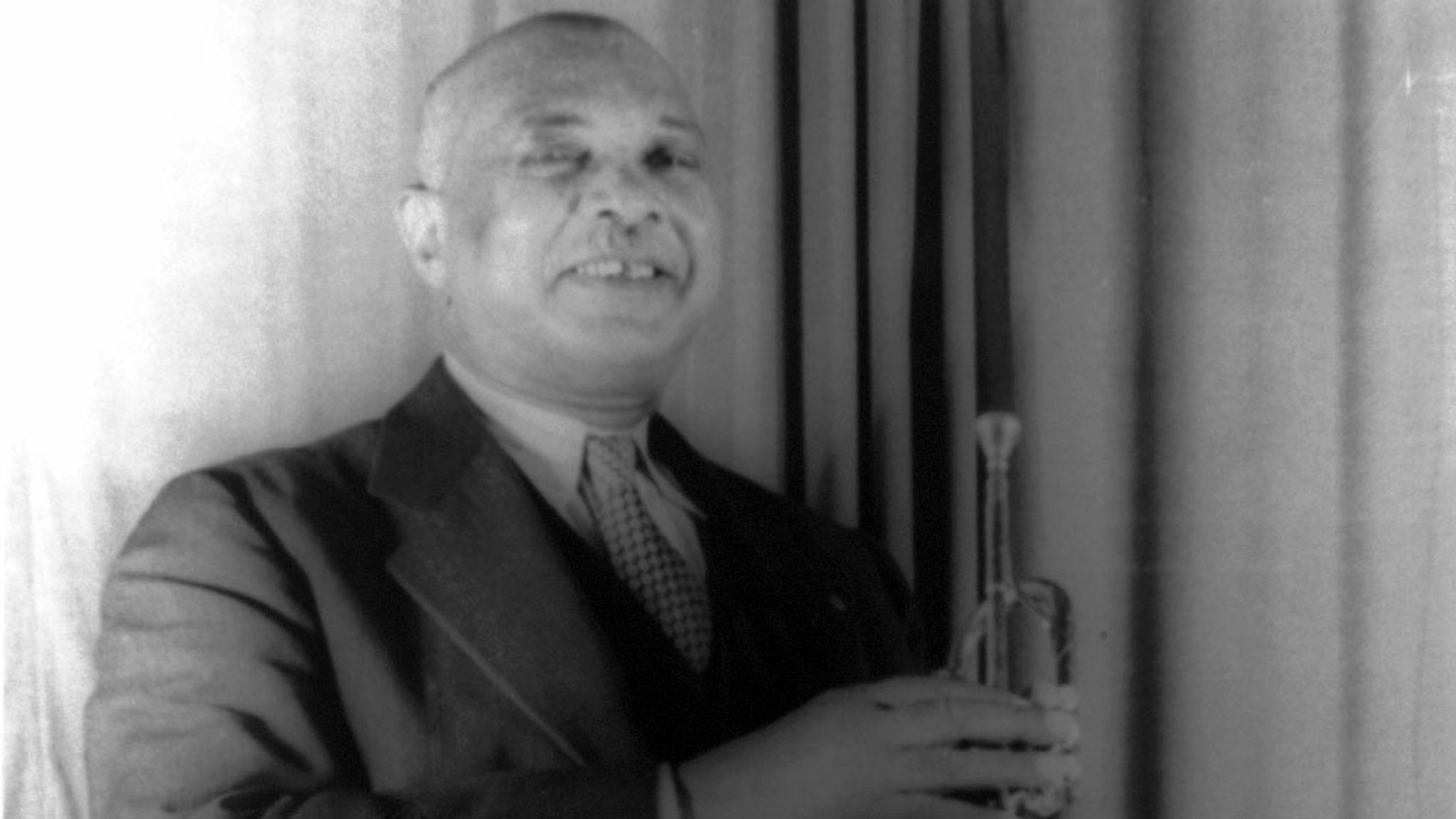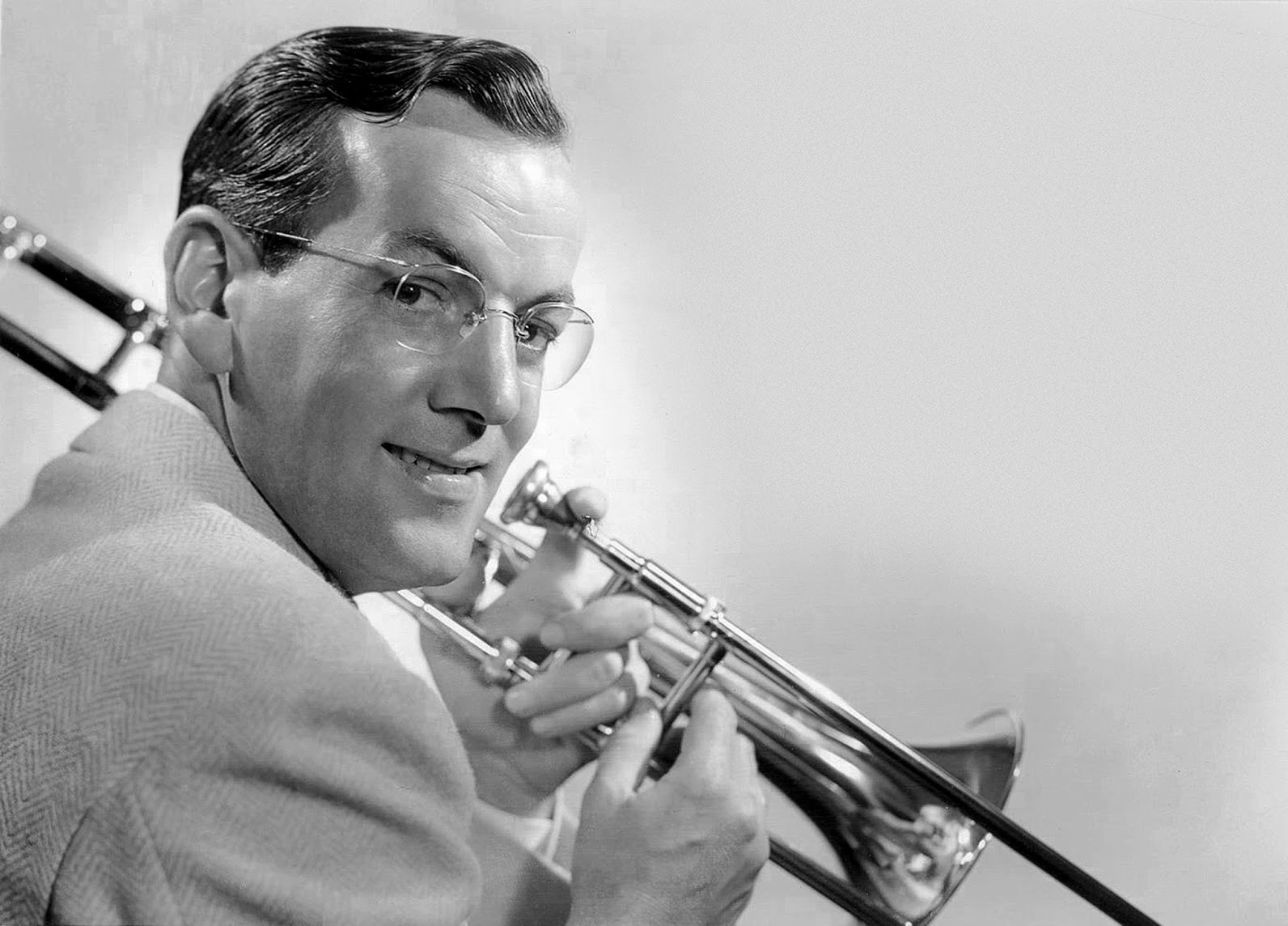Home>Production & Technology>Orchestra>Louis Armstrong And His Orchestra: What A Wonderful World
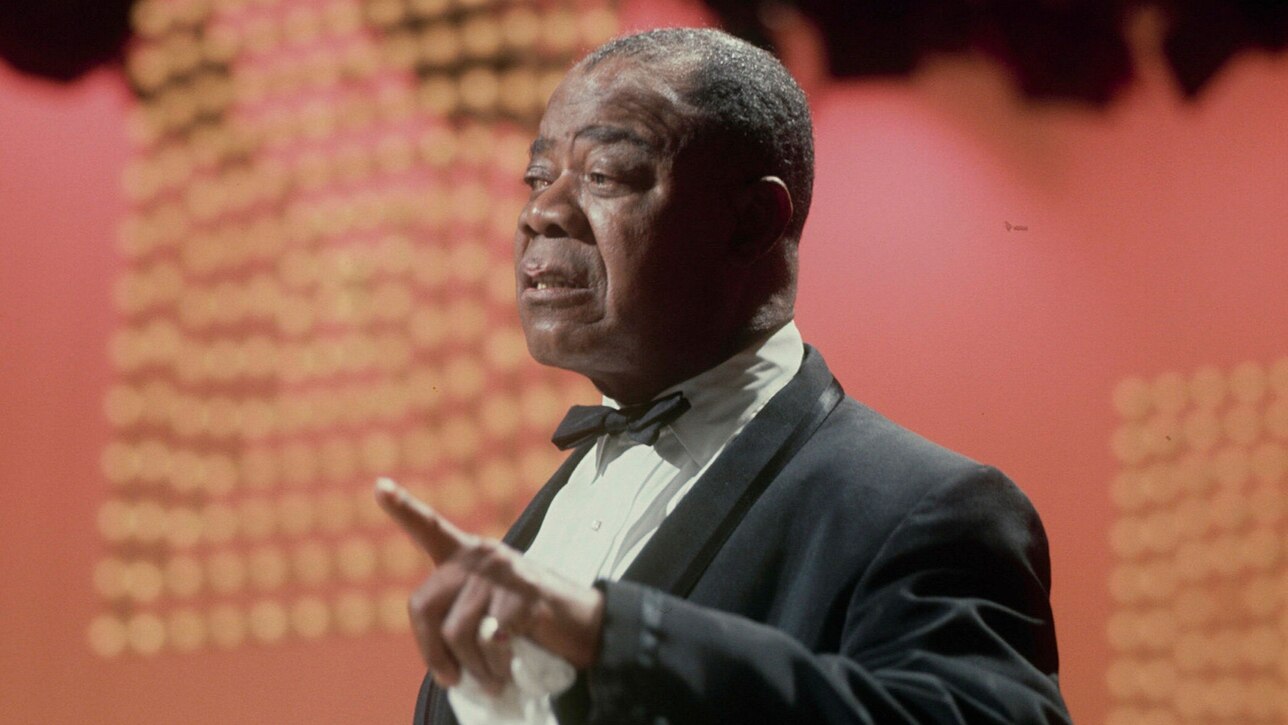

Orchestra
Louis Armstrong And His Orchestra: What A Wonderful World
Published: February 24, 2024
Experience the timeless magic of Louis Armstrong and His Orchestra's rendition of "What a Wonderful World." Let the soulful melodies of this iconic orchestra transport you to a place of pure musical bliss.
(Many of the links in this article redirect to a specific reviewed product. Your purchase of these products through affiliate links helps to generate commission for AudioLover.com, at no extra cost. Learn more)
Table of Contents
Early Life and Career of Louis Armstrong
Louis Armstrong, a legendary figure in the world of jazz, was born on August 4, 1901, in New Orleans, Louisiana. His early life was marked by significant challenges, as he grew up in poverty in a rough neighborhood known as "the Battlefield." Despite these adversities, Armstrong found solace in music, particularly the soul-stirring notes of the cornet.
Armstrong's introduction to music came through the Colored Waifs' Home for Boys, where he was sent after being arrested for firing a gun on New Year's Eve. It was at this reform school that he received his first formal music education and developed a deep passion for playing the cornet. Under the guidance of Peter Davis, the Home's music director, Armstrong honed his skills and discovered his innate talent for improvisation.
After his release from the reform school, Armstrong delved into the vibrant music scene of New Orleans, immersing himself in the city's distinctive jazz culture. He played in various bands and honed his craft alongside renowned musicians, absorbing the diverse musical influences that permeated the city.
In 1922, Armstrong received a life-changing invitation from Joe "King" Oliver to join his Creole Jazz Band in Chicago. This marked a pivotal moment in Armstrong's career, as he ventured northward to join Oliver's band, leaving behind the confines of New Orleans. Under Oliver's mentorship, Armstrong flourished, mastering the intricacies of jazz and solidifying his reputation as a remarkable musician.
During this period, Armstrong's innovative style and unparalleled skill on the cornet garnered widespread acclaim, laying the foundation for his future success. His groundbreaking recordings with the Creole Jazz Band showcased his exceptional talent and set the stage for his ascent to stardom.
Louis Armstrong's early life and career epitomize the transformative power of music and the unwavering determination of a young artist to rise above adversity. His journey from the impoverished streets of New Orleans to the vibrant jazz scene of Chicago foreshadowed the remarkable legacy that he would ultimately leave on the world of music.
Formation of Louis Armstrong and His Orchestra
Following his tenure with the Creole Jazz Band, Louis Armstrong's musical prowess continued to flourish, propelling him toward the formation of his own orchestra. In 1925, Armstrong's burgeoning career reached a pivotal juncture when he assembled a group of exceptionally talented musicians, laying the groundwork for the creation of Louis Armstrong and His Orchestra.
The formation of the orchestra marked a significant milestone in Armstrong's journey, signifying his evolution from a remarkable soloist to a bandleader of immense influence. With his unparalleled skill on the trumpet and his distinctive vocal stylings, Armstrong assumed the dual roles of instrumentalist and vocalist, infusing the orchestra's performances with his charismatic presence and unparalleled artistry.
The ensemble's lineup featured a cadre of gifted musicians whose collective talents complemented Armstrong's musical vision. Notable members included Earl Hines on piano, Zutty Singleton on drums, and Jimmy Strong on clarinet, among others. Together, they formed a cohesive unit that exuded musical excellence and captivated audiences with their electrifying performances.
Under Armstrong's leadership, the orchestra showcased a groundbreaking blend of traditional jazz elements and innovative improvisation, setting the stage for a new era in jazz music. Their performances exuded an infectious energy, captivating listeners with their dynamic arrangements and spirited solos.
The orchestra's repertoire encompassed a diverse array of musical styles, from soulful blues to up-tempo swing, reflecting Armstrong's versatility as a musician and bandleader. Their recordings and live performances resonated with audiences across the United States and beyond, cementing their status as trailblazers in the jazz genre.
The formation of Louis Armstrong and His Orchestra represented a seminal chapter in the history of jazz, underscoring Armstrong's visionary leadership and the ensemble's collective artistry. Their innovative approach to musical expression and their unwavering commitment to excellence left an indelible mark on the jazz landscape, inspiring generations of musicians and captivating audiences with their unparalleled artistry.
Rise to Prominence with "What a Wonderful World"
Amidst the rich tapestry of Louis Armstrong's illustrious career, one particular song stands out as a timeless masterpiece that transcends generations: "What a Wonderful World." Released in 1967, this iconic ballad captured the hearts of listeners worldwide and propelled Armstrong back into the limelight, solidifying his status as a revered musical luminary.
The profound impact of "What a Wonderful World" lies not only in its enchanting melody and poignant lyrics but also in the deeply resonant message it conveys. Against the backdrop of a tumultuous era marked by social upheaval and political unrest, the song emerged as a beacon of hope and optimism, offering a poignant reflection on the enduring beauty of the world.
With its soul-stirring orchestration and Armstrong's emotive vocal delivery, "What a Wonderful World" struck a chord with audiences, evoking a profound sense of introspection and gratitude. The song's timeless themes of love, compassion, and the simple joys of everyday life resonated with listeners on a profound emotional level, transcending cultural boundaries and leaving an indelible imprint on the collective consciousness.
Despite initial commercial reception, "What a Wonderful World" gradually garnered widespread acclaim, earning its rightful place as a beloved classic. Its enduring popularity was further solidified by its inclusion in various films, television shows, and advertisements, ensuring its enduring presence in popular culture.
The song's resurgence in the 1980s, fueled by its prominent feature in the film "Good Morning, Vietnam," catapulted "What a Wonderful World" to newfound heights of global recognition. This resurgence not only introduced the song to a new generation of listeners but also reaffirmed its timeless relevance, underscoring the enduring power of Armstrong's musical legacy.
"What a Wonderful World" stands as a testament to Louis Armstrong's unparalleled ability to convey profound emotion through his music. His heartfelt rendition of this timeless anthem continues to resonate with audiences, serving as a poignant reminder of the enduring beauty that surrounds us.
In the annals of music history, "What a Wonderful World" remains an enduring testament to the transformative power of art and the enduring legacy of a musical icon whose indelible imprint continues to inspire and uplift generations.
Impact and Legacy of Louis Armstrong and His Orchestra
The impact and legacy of Louis Armstrong and His Orchestra reverberate throughout the annals of music history, leaving an indelible imprint on the evolution of jazz and shaping the cultural landscape of the 20th century. As a visionary bandleader and virtuoso musician, Armstrong's orchestra played a pivotal role in redefining the jazz genre and influencing generations of artists.
Louis Armstrong's orchestra, characterized by its innovative arrangements and electrifying performances, set a new standard for musical excellence. The ensemble's groundbreaking fusion of traditional jazz elements with inventive improvisation captivated audiences and inspired a new wave of musical expression. Their recordings and live performances showcased a level of artistry and technical prowess that propelled them to the forefront of the jazz scene, earning widespread acclaim and adulation.
The orchestra's influence extended far beyond the realms of music, permeating popular culture and transcending societal barriers. Through their captivating performances and trailblazing recordings, Louis Armstrong and His Orchestra shattered racial barriers and ignited a cultural renaissance, fostering a spirit of unity and inclusivity. Their music served as a powerful catalyst for social change, challenging prevailing norms and advocating for equality and understanding.
Louis Armstrong's orchestra also left an enduring legacy of innovation and artistic ingenuity. Their pioneering approach to musical expression and their unwavering commitment to excellence continue to inspire musicians across genres, underscoring the timeless relevance of their contributions to the world of music.
The orchestra's impact on the global cultural landscape is exemplified by their enduring influence on subsequent generations of musicians. Their innovative arrangements and dynamic performances have left an indelible mark on the evolution of jazz, shaping the trajectory of musical innovation and creative expression.
Louis Armstrong and His Orchestra's legacy is a testament to the transformative power of music and the enduring resonance of art that transcends time and space. Their collective artistry and unwavering dedication to musical excellence continue to inspire and captivate audiences, ensuring their rightful place in the pantheon of musical legends.
In the tapestry of music history, the impact and legacy of Louis Armstrong and His Orchestra stand as a testament to the enduring power of artistic innovation and the profound influence of a visionary bandleader and his ensemble. Their contributions have enriched the fabric of jazz and continue to resonate with audiences, perpetuating their timeless legacy for generations to come.

